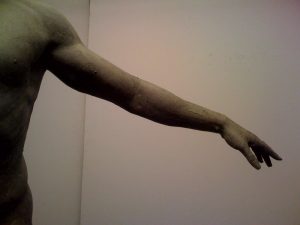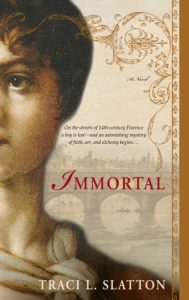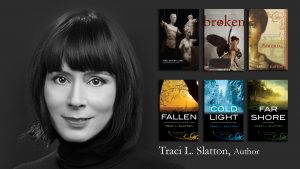On Beauty
On Beauty
I have been reading Rumi.
I do this whenever I am heartsick, soulsick. Usually it’s for something I can’t identify, though there’s always some exterior thing like a convenient hook to hang it on: my dog bit my little one and had to be surrendered; my 14-year-old told me a great big whopper; my in-laws have rejected their own grand-daughter and disinherited my husband as a means to communicating their supreme dislike of me; my husband is cranky with exhaustion and overwork and a long string of fourteen hour days; the publishing industry is in a stupid place, and largely, in my view, because publishers publish the same damn crap rather than searching out interesting work, and then they wonder why people don’t want to buy it; our financial situation is fraught, as is our situation with our two former spouses…. There’s no end to people and matters that will serve as an excuse. Rumi says, “Everyone chooses a suffering that will change him or her to a well-baked loaf.”
But I think that is preferable to avoiding the suffering, and failing to rise. That happens, too.
So there is all this stuff amenable to being blamed for my anguish, not to mention that it is that time of the month. But is the body or its relationships or its contexts really the reason for this melancholy seeking without an end?
Yesterday this poem of Rumi’s manifest itself to me, in a moment of bibliomancy, or at least I like to think that the Divine was smiling wryly at all my flailing about, and granted me this mouthful of grace.
Coleman Barks calls it THE MOST ALIVE MOMENT:
(THE SOUL OF RUMI, translations by Coleman Barks.)
I cried after I read it. I found excuses to cry all day. It’s something I rarely do. And then my husband showed me this photo on his iPhone of his Apollo’s outstretched arm. Even in process, it was beautiful: gesture and form, a supreme example of artistry. I cried some more, alone, in my bathroom, so no one knew I was being so silly. And I remembered why this man, this life, this set of choices that has led to this moment in all its bittersweet, empty fullness.







